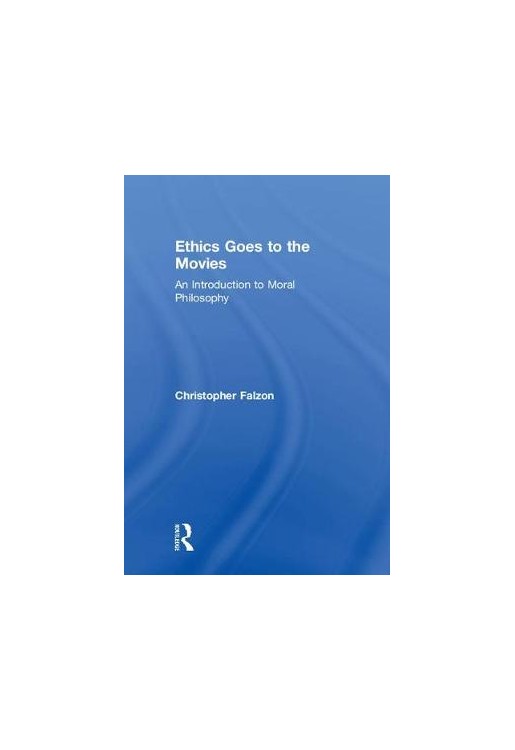In this book, Christopher Falzon uses movies to provide a rich survey of moral positions as they have emerged through history.
Acknowledgements
Introduction - Rear Window Ethics
What is ethics?
Film as experimental
Exploring ethics through film
Chapter 1. Excess and obsession - Ancient ethics
Why be moral
Plato's moral theory
Aristotle and virtue ethics
Stoicism
Epicureanism
Feature films: Dr Jekyll and Mr Hyde, and Under the Skin
Chapter 2. Sin and self-denial: Religious ethics
Divine command
Augustine
Aquinas and natural law
The problem of evil
Feature films: Crimes and Misdemeanors, and The Addiction
Chapter 3. Pleasure, happiness and rights: Enlightenment ethics
Hobbes and the social contract
Enlightenment and happiness
Utilitarianism
Rights
The libertine and scientific morality
Feature films: Dirty Harry, and The Dark Knight
Chapter 4. Personhood and autonomy: Kantian ethics
Duty and desire
Persons
Autonomy
Marx
Habermas and discourse ethics
Feature films: High Noon, and No Country for Old Men
Chapter 5. Slaves, supermen and authentic selves: Existentialist ethics
Nietzsche
Kierkegaard
Twentieth-century existentialism: Sartre et al.
The social situation: de Beauvoir
Feature films: Rope, and Fight Club
Chapter 6. Encounters with aliens: Ethics and the other
The critique of 'traditional' ethics
The ethics of care
Levinas and the ethics of the other
Foucault, ethics and power
Experiments in living
Feature films: Casablanca, and Force Majeure
Filmography
Glossary
Bibliography
Index




